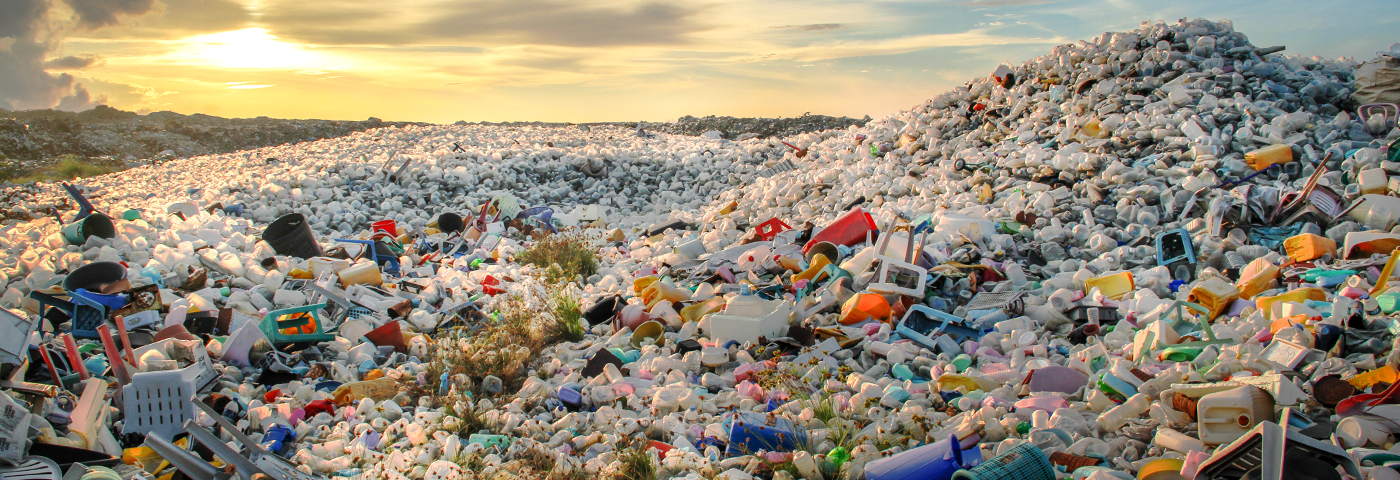A few days ago, a new hashtag started appearing on Twitter. Created by the Good Awards, #pointlessplastics is encouraging people to tweet images of the unnecessary use of plastics (one tweet shows an individual banana wrapped in a plastic package) and also to highlight those examples of good alternatives. It’s the latest move to break our needless addiction to plastic, which has this year also seen Sky’s Ocean Rescue campaign, and the warnings from David Attenborough’s TV series Blue Planet 2.
All of these initiatives raise awareness, but the pointless plastics twitter campaign shows a shift in tone, and should also alert those in tourism (or any other industry), that apart from being perilous for the planet and bad for our health, plastic is becoming bad for your reputation too. In other words, where all those miniature bathroom shampoos were once seen as something you hoped people would take home, happy that it kept them favourably connected to your brand, now increasing numbers are more likely to think negatively of you for it, photograph the products and criticise your irresponsibility on social media. They will remember you for it, but not the way you hope.
Worldwide, annual production of plastic grew from 1.7 million tonnes in 1954 to 311 million tonnes in 2014. The Ellen MacArthur Foundation – which is committed to moving the world to circular economic models that seek to eliminate waste – estimates that 95 per cent of plastics are disposed of after a single use.
This is a waste in every meaning of the term. It represents a loss to the economy of $80 billion to $120 billion every year. And each year over six million tons of plastic waste end up in our oceans, while a recent global survey found micro plastics in 83 per cent of the public tap water. Speaking yesterday at a UN environment summit in Nairobi, the UN oceans chief Lisa Svensson told the BBC that everyone – government, business and individual people – must act far more quickly. “This is a planetary crisis,” she said. “In a few short decades since we discovered the convenience of plastics, we are ruining the ecosystem of the ocean.”
Tourism isn’t the main culprit, but its role is significant. When researchers monitored the waste on 23 beaches in Sweden, Finland, Estonia and Latvia for rubbish between 2011 to 2013, they estimated 33% was generated by leisure or tourism.
Tourism is, however, particularly susceptible to the consequences. Polluted oceans and dead marine animals lying on plastic strewn beaches are not what it said in the brochure. We live in an era – even before the likes of #pointlessplastics – where people pay more attention to the user uploaded photos on TripAdvisor or Facebook than to hotels’ artfully staged shots. Polluted beaches put visitors off, leading to reduced revenues and loss of jobs. This is then exacerbated by increased clean-up costs, estimated globally to be around €50 billion per year.
Everything about this is a sign of a poorly designed system. Plastic causes climate change in its production. It pollutes the environment, threatens wildlife through poor disposal, and then costs more money to clean up.
So what would a well designed tourism system look like, so far as plastics are concerned?
Hotels need to adopt an approach like Soneva, who use refillable ceramic dispensers in their bathrooms and produce their own water on site, having banned imported water in 2008. Or India’s CGH Earth’s Coconut Lagoon, where the use of plastic packaging for supplies coming onto the property is prohibited, with vendors required to package material in reusable containers/jars. The hotel also works to support its local community too, distributing cloth bags as part of a ‘Plastic Eradication Programme’.
Tour companies need to stop handing out plastic water bottles and other disposable items altogether. Exodus has reduced the number of plastic bottles used by its operations by 162,000 in one year alone, simply by ensuring all guests have a reusable water bottle. And where campaigns like #pointlessplastics expose companies to reputational risk, doing the right thing offers opportunities to tell positive stories. Wild Frontiers is now partnering with Water to Go, whose remarkable water filtration bottles that are capable of instantly making any water drinkable were being displayed next to the Responsible Tourism Theatre at WTM last month. Wild Frontiers is also partnering with Craghoppers, who use plastic bottles to manufacture their fleeces and have recycled more than 6 million bottles into them to date.
Products like Water to Go remove the need for plastic. Craghoppers finds an innovative new use for it at the end of its life. The final piece of the puzzle is to make a replacement material that offers the benefits of plastic, but without the negative consequences. Indonesian start-up Evoware makes ‘plastics’ out of seaweed – creating biodegradable cups, plates and other containers out of farmed seaweed that is free from chemicals, and instead is edible, tasting like jelly, in flavours from peppermint to green tea.
Of course, such individual innovations and solutions require societal level support to really make a difference. When the UK put a 5p tax on plastic bags, usage dropped 85%. Kenya has this year banned plastic bags altogether. Costa Rica aims to ban single use plastics by 2020. France – which sees more tourists than any other country – has passed a new law to ensure all plastic cups, cutlery and plates can be composted and are made of biologically-sourced materials by 2020.
The tide is turning. #Pointlessplastics are rapidly becoming a badge of shame. Hotels, tour companies and destinations that want to avoid being associated with the destruction of our living oceans need to come up with a plan now.


